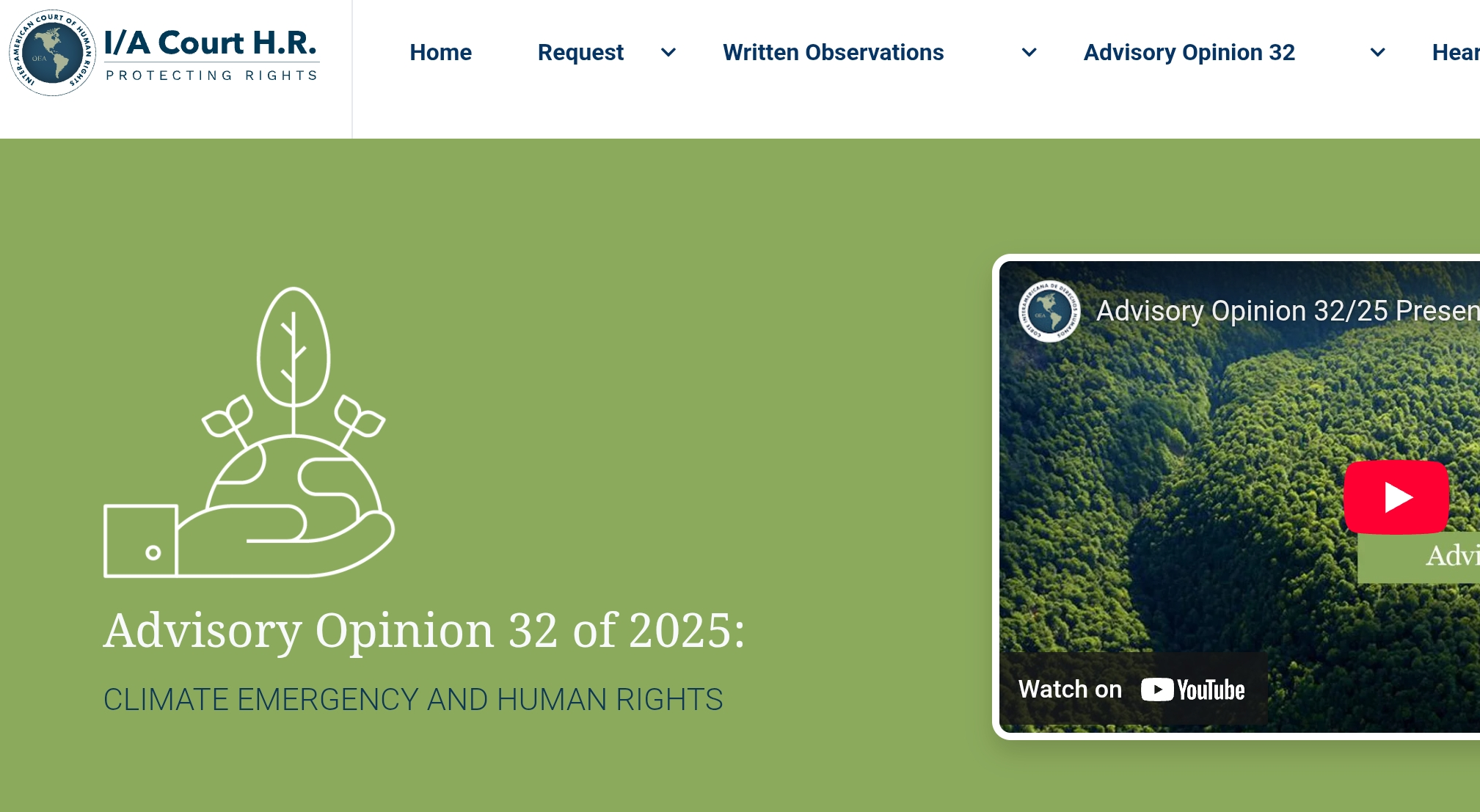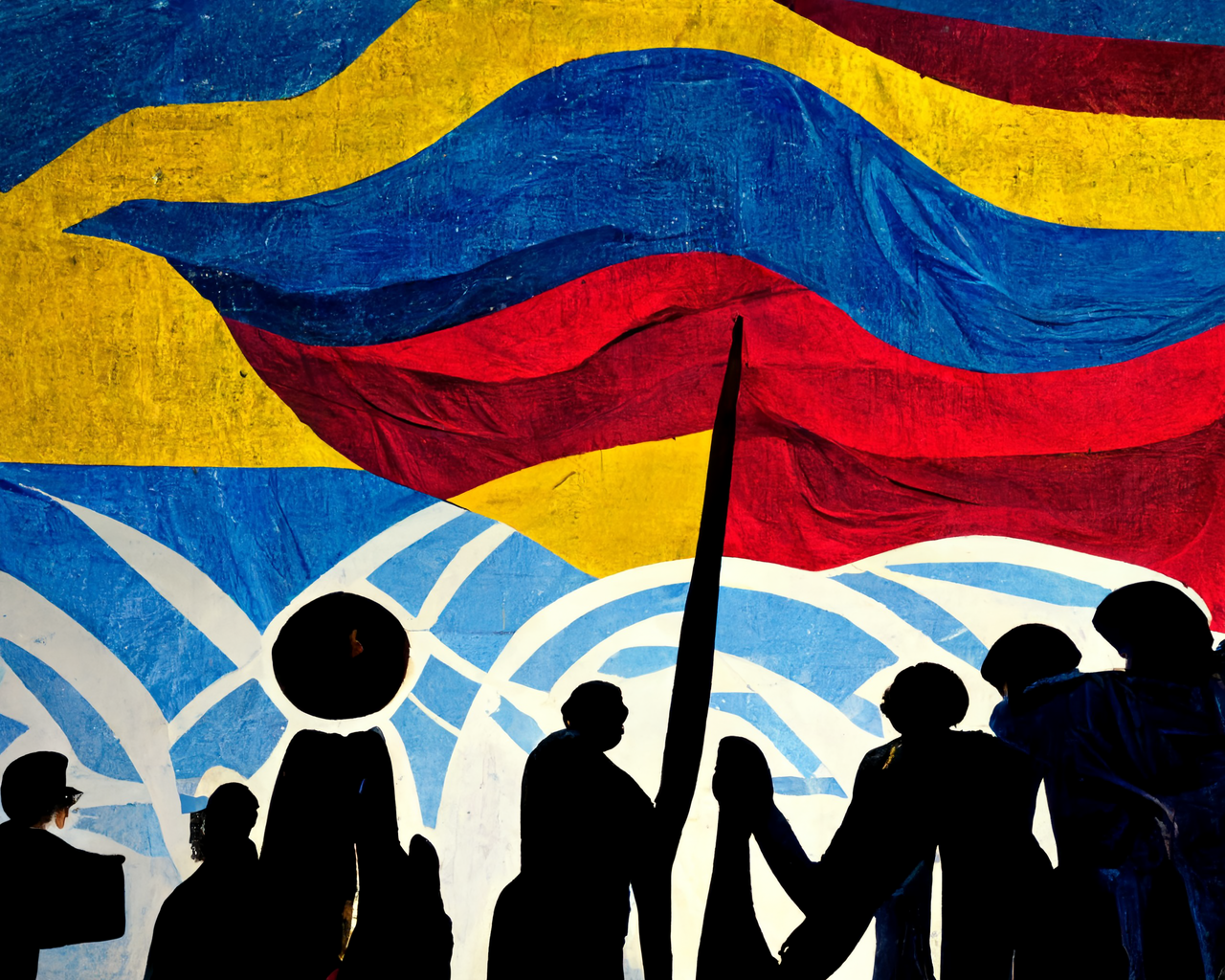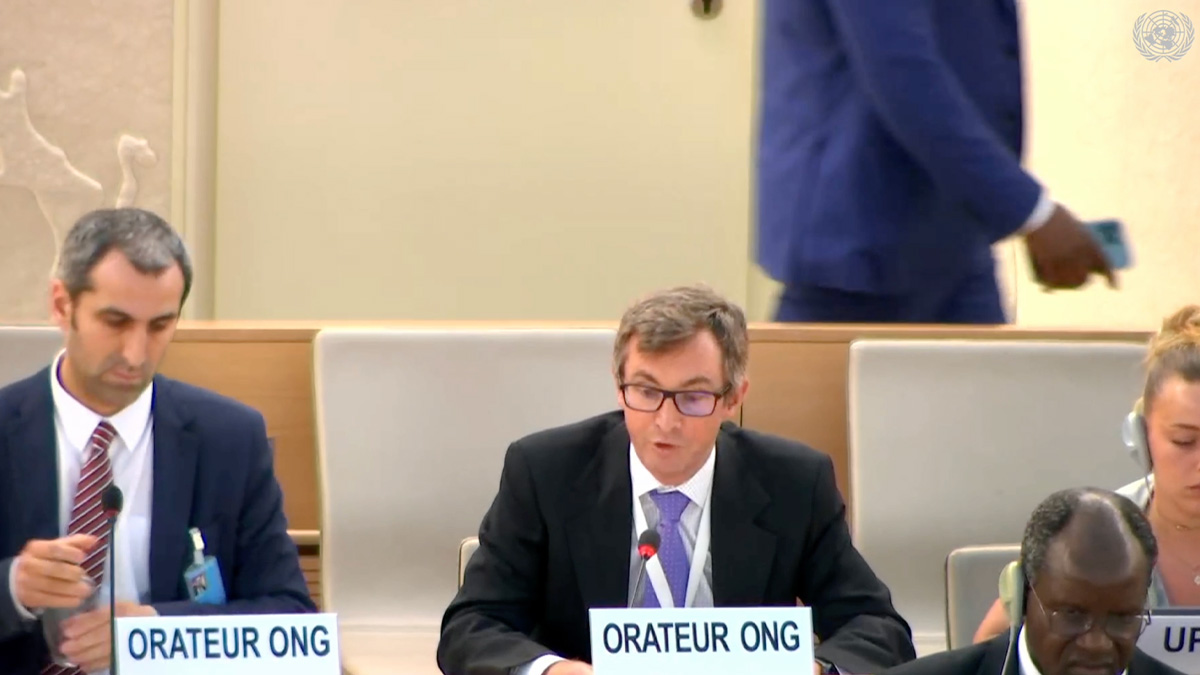When the rule of law has effectively crumbled and regional human rights mechanisms are effectively off limits, international human rights mechanisms are one of the only options left for defenders seeking redress for victims.
This has been the case for Venezuelan human rights defenders who, since the 1990s, have engaged with international human rights bodies in their efforts to secure accountability and human rights respect.
Everyone has the right ‘to unhindered access to and communication with international bodies’, However, in engaging with these UN bodies and mechanisms, Venezuelan human rights defenders, like so many others, have faced reprisals. They have been arbitrarily detained, threatened and stigmatized for sending information to UN bodies, or attending UN sessions or meeting UN experts. The UN Secretary General has reported cases of reprisals against Venezuelan defenders every year for the last 12 years.
Now a bill threatens all cooperation by Venezuelan human rights organizations. The ‘Law on Control, Regularization, Operations and Financing of Non-Governmental and Related Organisations’, a bill that passed through a first reading at the Venezuelan National Assembly on 24th January, threatens to add such burdens on NGOs in the country that their very existence is in question.
The bill prohibits NGOs from carrying out ‘political activities’ or activities that ‘threaten national stability and the institutions of the Republic’, a vague term that, as Venezuelan NGO Acceso a la Justicia notes, threatens arbitrary and potentially repressive interpretations, not least given that in simply speaking of government policy, an NGO could be said to be engaging in a political act. NGOS will also need to seek authorization and disclose the receipt of foreign funding. NGOs are threatened with hefty fines, cancellations of their original registration or criminal charges.
This bill does not come out of the blue. It fits within a ‘policy to silence, discourage and quash opposition to the Government’. In 2020, the UN Independent International Fact-Finding Mission on Venezuela found reasonable grounds to believe led to crimes against humanity had been committed, including against civil society representatives, to further that policy. The Office of the Prosecutor of the International Criminal Court has opened the first formal investigation in the Americas of crimes against humanity, in regard to Venezuela. In regard to the law, members of the Mission have remarked that, if passed, it ‘would grant the State a quasi-permanent power to suppress’ and that it marks ‘a point of no return in the closure of the civic and democratic space in Venezuela’.
The law would drastically limit Venezuelan NGOs’ ability to engage with UN mechanisms at the very time such engagement would be fundamental to inform states and urge they take action. It would have a deterrent effect on engagement; would make safe engagement less likely and may enable further intimidation and reprisals if NGOs are able and choose to engage. The bill is a form of reprisal and, if passed into law, would likely give rise to others.
Diosdado Cabello, Deputy of the National Assembly, who introduced the bill, is reported as saying it ‘represented a debt owed to the Venezuelan people because the NGOs had been used to destabilize the country’. He went on to speak of a list of organisations that the law would apply to, specifically naming NGO Provea and four others. In 2015 UN Special Rapporteurs denounced ‘televised reprisals’ he carried out against civil society representatives including Provea through his radio show ‘Con el Mazo Dando’’ emitted by the main State network.
The timing of the bill’s introduction – a day before the arrival of the UN High Commissioner on Human Rights, Volker Türk, to Venezuela – was telling and its intent is clear. The bill is designed to deter human rights work and close down NGOs. It will deny the world of independent accounts of the human rights situation in Venezuela and weaken the UN’s ability to take action.
This bill must be strenuously denounced with a view to it being swiftly withdrawn by the National Assembly. The right to defend rights, including in cooperating with the UN, must be defended.
Download as PDF




